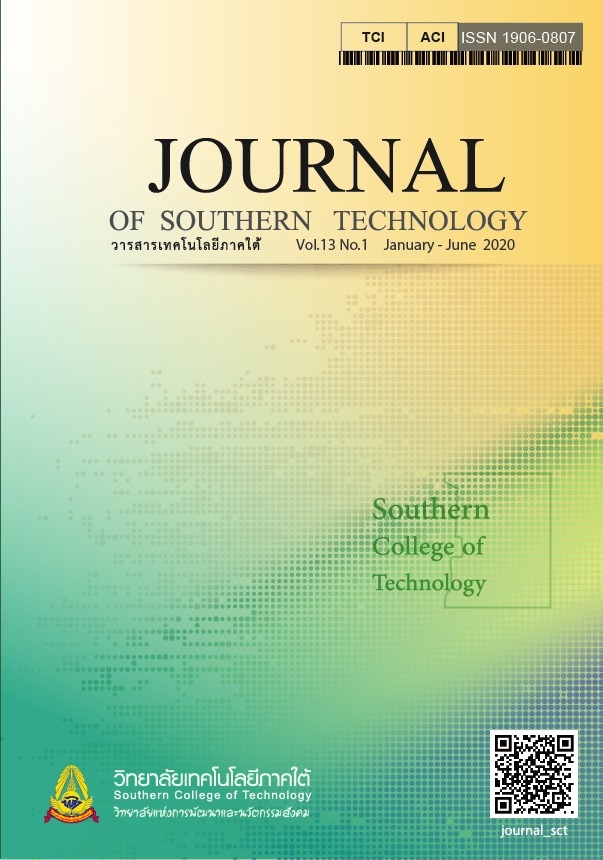Policy-Based Decision-Making for Eastern Industrial Development and Environmental Problem Solving การพัฒนาอุตสาหกรรม สู่ประชาคมเศรษฐกิจอาเซียน ASEAN Economic Community (AEC) ถึง ECONOMIC CORRIDOR (EC) ระเบียงเศรษฐกิจ เข้าสู่เขตพัฒนาพิเศษ 10 จังหวัดกับปัญหาสิ่งแวดล้อม
Main Article Content
Abstract
This article aims at elucidating 1) environmental impact analysis-based industrial development; 2) legal public participation in protecting the environment from industrial factories; 3) ways to sustainably manage, maintain, and balance the utilization of natural and environmental resources, and biodiversity;
4) recommendations for government sectors to perform actions for inhabitants or communities; and
5) people’s participation in preserving and protecting the environment, natural resources, and biodiversity. The researchers concluded that, due to the production-oriented policy and inadequate awareness of environmental impacts as well as inappropriate use of natural resources, environmental contamination has exceeded the capacity of natural purification which is not only harmful to human health and hygiene, ecosystems, other living things, and agricultural crops, but this may also affect the life cycle of other living organisms in the nature.
Article Details
-
Authors must agree to the journal publication rules and allow the editors to edit the manuscripts for publication.
-
Author’s right belongs to the author but Journal of Southern Technology holds the right of first publication and thus allow readers to use the article for the purpose of education but not commercial.
References
Barrow, C.J. (2005). Environmental Management & Development. London: Routledge.
Bliss, W., & Porter, D. (1909). The New Encyclopedia of Social Reform 1. Funk & Wagnals.
Campbell, H. (1986). Law Dictionary 4. The Paul MN West Publishing, P. 1317
Crouzet, F. (1996). France. In T. Mikulas, & P. Roy (Eds.), The industrial revolution in national context (p. 45). Europe & the USA: Cambridge University Press. ISBI 978-0521-409407 LCCN95025377
Environmental Code. (2013). Environmental Code. Retrieved March 13, 2018, from https://195. 83. 177. 9/Environmental Code {Online}, available code / listen. phtml? lang suK & c = 40, 2013
Frosch, R.A., & Gallipolis, N.E. (1989). Strategies for manufacturing. Scientific American, 261, 144-152.
Horst, S. (2005). German Environmental Law Practitioners (2nd ed.). London: Kluwer Law International.
OECD. (2013). The Conclusions & Recommendations of the OECD Environmental Performance Review of France. Retrieved March 10, 2018, from https:// www. oecd.org/dataoecd/ 3/44/34463341. pdf, 2013
Paul, M. (2015). Law Environmental. Retrieved March 10, 2018, from 11111111111111 https://www. invispress.com/law/environmental/georgia.html
Susan, E. (2006). Scar Tow The Nineteenth - Century Origins of Modern Political. In Richard Katz & William Crotty (Eds.), H & Book of Party Politics (pp.1617). Sage Publication.
The Rio Declaration on Environment & Development. (2002). Principle Indigenous Peoples have a vital role indigenous people & their communities & other local communities have a vital role in environmental management & development because of their knowledge & traditional practices.States should recognize & duly support their identity culture & interests & enable their effective participation in the achievement of sustainable development the World Economy: Historical Statistics. Paris: Development Centre, OECD (2003). p. 256
Timothy, L. G. (2018). Encyclopedia of the Nations. Retrieved March 13, 2018, from http: / / www. Nations encyclopedia. Com /Encyclopedia of the Nations, France1Environment available / Europe / France ENVIRONMENT. html,
UNESCO. (1982). Basic Concepts & Considerations in Educational Planning & Management.Bangkok: Unesco Regional Office for Educational in Asia & the Pacific.
United Nations Environment. (2015). The Stockholm Declaration 1972. Retrieved March 10, 2015, from http: / / www. unep. org / The Stockholm Declaration 1972 [Online]. Available/Documents. Multilingual Default.
Yamamoto, T. (1999). Code, Article 44,“ A juridical person is bound to make compensation for any damages inflicted upon others by its managers (directors) or other representatives in the performance of their functions. When damager are inflicted upon others by an act not within the scope of the object of juridical person. The members & managers (directors) who voted in favors of said act. as well as the managers (directors) & other representatives who executed the same, are jointly responsible to make compensation for such damages. Hiroshi Ode, Japanese Law, 2. New York: Oxford University Press, P. 140

